Top 7 African Destinations for Exotic Freshwater Fishing
Africa’s diverse waterways offer some of the most thrilling and untapped freshwater fishing experiences in the world. From the mighty Nile to hidden lakes nestled among breathtaking landscapes, the continent presents anglers with opportunities to catch exotic species while immersed in spectacular natural surroundings. These destinations combine the thrill of the catch with cultural immersion and wildlife encounters that simply can’t be replicated elsewhere. Whether you’re pursuing the fierce tigerfish or the massive Nile perch, fishing in Africa delivers adventures that will become stories for a lifetime. Let’s explore the seven most exceptional freshwater fishing destinations across this magnificent continent.
The Zambezi River: Home of the Ferocious Tigerfish

The Zambezi River, cutting through six countries in southern Africa, stands as perhaps the most iconic freshwater fishing destination on the continent. This mighty waterway is primarily famous for hosting the ferocious tigerfish (Hydrocynus vittatus), a predator with razor-sharp teeth that can grow up to 33 pounds and fights with legendary strength and aggression. The Lower Zambezi, particularly in Zambia and Zimbabwe, offers the premier tigerfish experience, with the added benefit of fishing in the shadow of wildlife-rich national parks. Beyond tigerfish, anglers can target nembwe (yellowfish), chessa, and various catfish species that populate these waters. The optimal fishing season runs from August to November when water levels drop and the tigerfish become more concentrated in channels.
Lake Nasser, Egypt: Land of Giant Nile Perch

Created by the construction of the Aswan High Dam, Lake Nasser has evolved into one of Africa’s premier fishing destinations, particularly for those pursuing the legendary Nile perch. These freshwater giants can reach weights exceeding 200 pounds, offering battles that test even the most experienced anglers’ skills and equipment. The remote nature of Lake Nasser means fishing is typically done from houseboats that serve as floating base camps, allowing access to virgin fishing grounds far from civilization. Beyond Nile perch, the lake holds impressive populations of tigerfish, catfish, and tilapia. The stark desert landscape surrounding the lake creates a surreal fishing environment unlike anywhere else on earth, with ancient Nubian temples occasionally emerging from the shoreline as reminders of the region’s rich history.
The Okavango Delta, Botswana: Fishing in Earth’s Eden

The Okavango Delta presents what might be the world’s most beautiful freshwater fishing setting—an inland delta where the Okavango River spreads across the Kalahari Desert creating a lush wilderness teeming with wildlife. Fishing here isn’t just about the catch; it’s about casting your line while elephants wade nearby and hippos observe from a distance. The Delta’s primary quarry is the hard-fighting tigerfish, but anglers also pursue the indigenous three-spot tilapia (known locally as bream) and the aggressive African pike. Traditional mokoro canoes provide a unique fishing platform, allowing silent approaches to productive fishing spots through narrow channels lined with papyrus. The best fishing coincides with the annual flood between June and September, when waters from Angola finally reach the delta, triggering feeding frenzies among predatory fish.
Tanzania’s Lake Tanganyika: Deep Water Treasures

Lake Tanganyika, the world’s second-deepest freshwater lake, offers fishing experiences unlike any other with its crystal-clear waters and extraordinary biodiversity. This ancient lake is home to hundreds of endemic cichlid species found nowhere else on Earth, making it not just a fishing destination but a living laboratory of evolution. While the smaller cichlids might interest aquarium enthusiasts more than anglers, the lake also hosts substantial populations of Nile perch, lake tanganyika yellowfish, and various catfish species that provide excellent sport. The surrounding landscape of mountains plunging directly into the lake creates dramatic scenery that enhances the fishing experience. Remote fishing camps along the Tanzanian shoreline offer access to virtually untouched waters where modern fishing pressure remains minimal, creating opportunities for truly memorable catches.
Murchison Falls, Uganda: Fishing Below the Thundering Falls

Few fishing locations can match the drama of casting a line below Murchison Falls, where the mighty Nile River forces its way through a narrow gorge before plunging 43 meters with thunderous power. This section of the Victoria Nile in Uganda creates one of Africa’s most spectacular fishing environments, where the combination of oxygenated water and nutrients creates prime habitat for monster Nile perch. Anglers fish from specialized boats in the turbulent waters below the falls, with the constant roar of cascading water providing a dramatic soundtrack to the experience. Beyond the perch, the river holds substantial populations of tigerfish, catfish, and barbel, ensuring varied fishing opportunities. The location within Murchison Falls National Park means fishing trips are regularly interrupted by sightings of elephants, giraffes, and hippos along the banks, creating a perfect blend of fishing and safari experiences.
The Congo River Basin: Fishing the Mysterious Waterways

For adventurous anglers seeking truly off-the-beaten-path experiences, the Congo River Basin represents Africa’s final fishing frontier. This vast network of rivers flowing through dense rainforest holds species that remain poorly documented by science, including the goliath tigerfish (Hydrocynus goliath), which can reach over 100 pounds—more than twice the size of their Zambezi relatives. Expeditionary fishing in tributaries of the Congo requires significant planning and local guidance, but rewards anglers with pristine environments where few outsiders have ever cast a line. Beyond the goliath tigerfish, these waters host numerous species of catfish, including the massive vundu that can exceed 150 pounds. The remoteness of these fisheries means they’re best approached through organized expeditions with experienced outfitters who understand both the fishing opportunities and the logistical challenges of operating in such isolated regions.
Lake Victoria: Birthplace of Nile Perch Legends

Spanning portions of Tanzania, Uganda, and Kenya, Lake Victoria stands as Africa’s largest lake and the birthplace of many fishing legends, particularly regarding the introduced Nile perch that grew to extraordinary sizes after their introduction in the 1950s. While ecological changes have altered the fishery over decades, Lake Victoria still produces trophy Nile perch exceeding 100 pounds for anglers willing to put in the time. The lake’s size creates diverse fishing opportunities, from rocky shorelines to deep offshore structure where the largest perch typically reside. Beyond the famous perch, anglers target native tilapia species that provide excellent light-tackle action and superb eating. Fishing villages dot the shoreline, offering insights into the traditional fishing methods that have sustained local communities for generations—providing cultural dimensions to fishing adventures here.
Best Seasons for African Freshwater Fishing

Understanding seasonal patterns proves crucial for successful fishing across Africa’s diverse waterways. Generally, the dry season offers the most productive fishing conditions across most destinations, as lower, clearer water concentrates fish and makes them more accessible to anglers. In southern Africa, including the Zambezi River system, the prime season runs from August through November when water levels stabilize after the annual floods recede. For East African destinations like Lake Victoria and the Ugandan Nile, the dry periods of December through March and June through September typically provide optimal conditions. The Okavango Delta presents a unique situation where the best fishing actually occurs during the local “flood season” (June-September), when waters arriving from Angola create prime conditions despite it being winter in the southern hemisphere. Regardless of destination, consulting with local operators about recent conditions remains essential, as climate change increasingly affects traditional seasonal patterns.
Essential Gear for African Freshwater Expeditions

Preparing properly for African fishing expeditions requires specialized gear that can handle both powerful fish and challenging conditions. For tigerfish and smaller Nile perch, medium-heavy spinning or baitcasting setups with 20-30 pound test line provide the backbone needed, while pursuing giant Nile perch or goliath tigerfish demands heavy conventional tackle more commonly associated with offshore saltwater fishing. Wire leaders are absolutely essential when targeting toothy predators like tigerfish, as their razor-sharp teeth make quick work of monofilament or fluorocarbon. Lure selection should emphasize durability, with metal spoons, substantial plugs, and heavy-duty soft plastics forming the core of any African tackle box. Beyond fishing gear, comprehensive sun protection (including buff-style face coverings and sun gloves), lightweight quick-dry clothing, and quality polarized sunglasses become necessities rather than luxuries in the intense African sun. Medication for malaria prevention, comprehensive first aid supplies, and emergency communication devices should also be considered essential for more remote destinations.
Conservation Challenges and Sustainable Practices
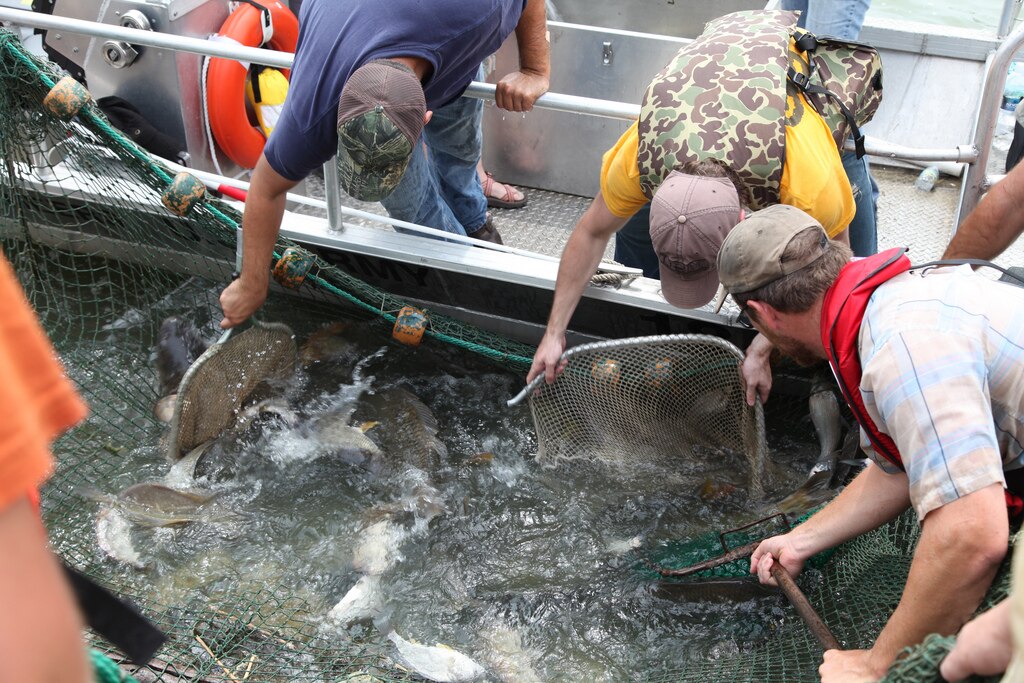
Africa’s freshwater fisheries face mounting conservation challenges that responsible anglers should acknowledge and address through their practices. Overfishing represents the most immediate threat in many regions, particularly where commercial fishing targets the same species prized by sportfishers, such as Nile perch in Lake Victoria and Lake Nasser. Habitat degradation from development, pollution, and dam construction further threatens these delicate ecosystems and the fish populations they support. Climate change introduces additional uncertainty, altering seasonal patterns and water temperatures in ways that disrupt traditional spawning cycles. Responsible anglers can contribute to conservation through strict catch-and-release practices for large breeding specimens, supporting local conservation initiatives, and choosing operators committed to sustainable practices. Several operations across the continent have embraced tag-and-release programs that contribute valuable data to scientific understanding of fish movements and growth rates, allowing anglers to participate directly in conservation efforts during their fishing adventures.
Cultural Experiences Beyond the Fishing

Fishing expeditions across Africa offer rich cultural dimensions that enhance the overall experience far beyond what’s caught on the end of a line. Many fishing camps and lodges employ local guides who share not just their fishing knowledge but also insights into traditional ways of life that have been connected to these waterways for centuries. In the Okavango Delta, fishing with local polers who navigate traditional mokoro canoes connects anglers with generations of indigenous knowledge about the delta’s complex ecosystem. Along Lake Victoria, visits to fishing villages reveal traditional methods still employed alongside modern techniques, while markets display the economic importance of fishing to local communities. Many operations incorporate cultural performances, traditional meals, and opportunities to visit nearby villages, transforming fishing trips into more comprehensive cultural immersions. These interactions often prove equally memorable to the fishing itself, creating deeper connections to the landscapes and communities that make African fishing destinations so special.
Planning Your African Fishing Adventure

Successfully organizing an African fishing expedition requires careful planning that balances fishing aspirations with practical logistics. Begin by researching specialized fishing operators with established track records rather than attempting to arrange everything independently, as their expertise navigates complexities from permits to accessing productive waters. Budget considerations extend beyond the basic package price to include appropriate gratuities, specialized gear you might need to purchase, and potential charter flights to remote locations. Travel insurance specifically covering adventure activities and medical evacuation becomes essential rather than optional when fishing in remote regions. Consider combination trips that pair fishing with traditional safari experiences, allowing you to maximize your African journey while minimizing logistical complications and travel fatigue. Most importantly, maintain flexible expectations—African fishing involves numerous variables from weather to water levels that can affect results, but the overall experience transcends simply what’s caught or missed.
Conclusion: Africa’s Freshwater Fishing Frontier

Africa’s freshwater fishing destinations represent some of the last truly wild fishing frontiers on our planet, offering experiences that combine world-class angling with unparalleled natural surroundings. From battling the tooth-filled aggression of tigerfish in the Zambezi to wrestling with behemoth Nile perch in the shadow of Murchison Falls, these fisheries deliver adventures that transcend typical fishing trips. The continent’s waters offer not just trophy fish but immersion in ecosystems where fishing becomes one element of a broader wilderness experience shared with elephants, hippos, and countless bird species. As these destinations gradually become more accessible to international anglers, opportunities remain to experience them in ways that support conservation and local communities while creating fishing memories unlike anywhere else on earth. For anglers seeking experiences beyond the ordinary, Africa’s rivers and lakes promise adventures where the story extends far beyond the size of the catch.
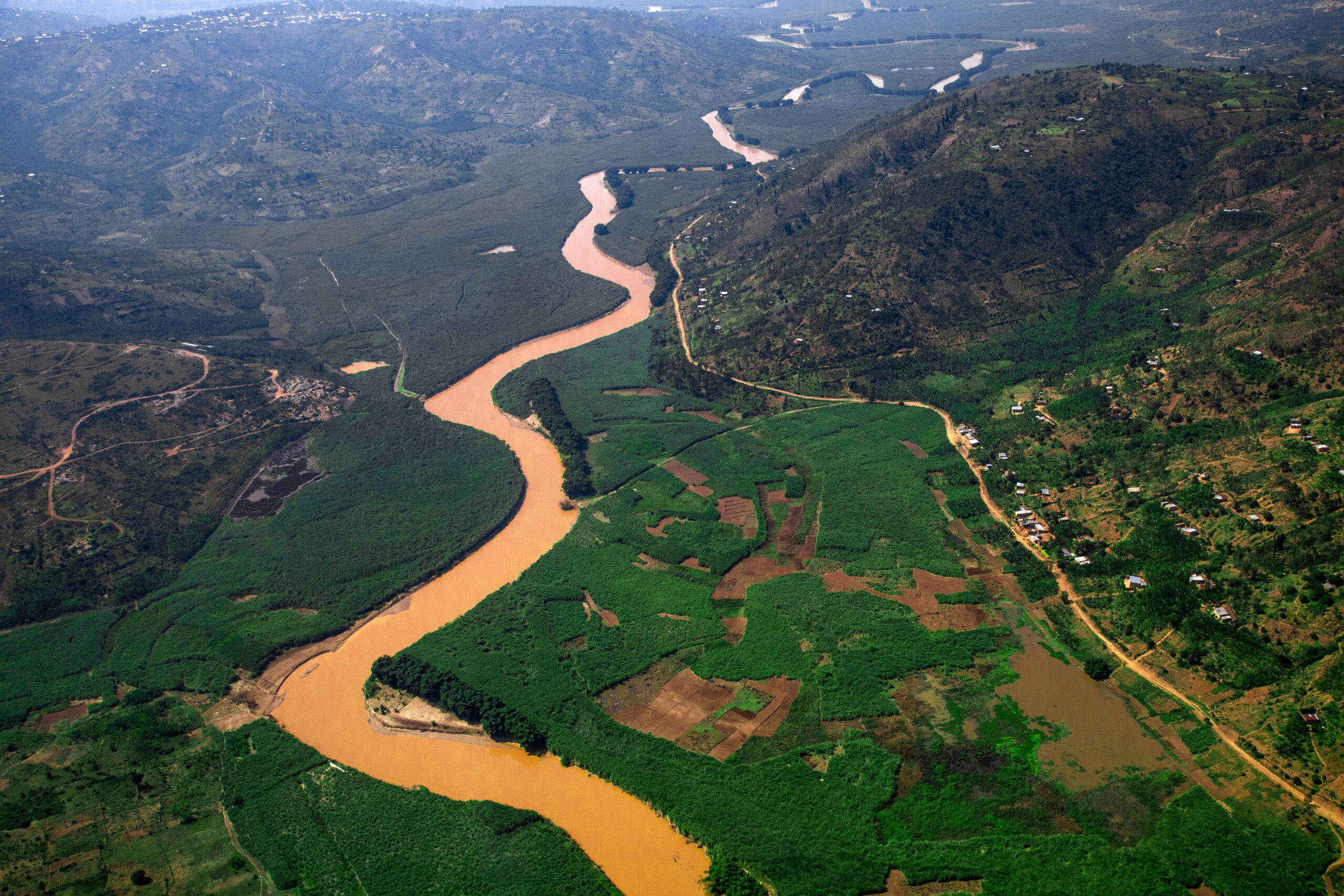
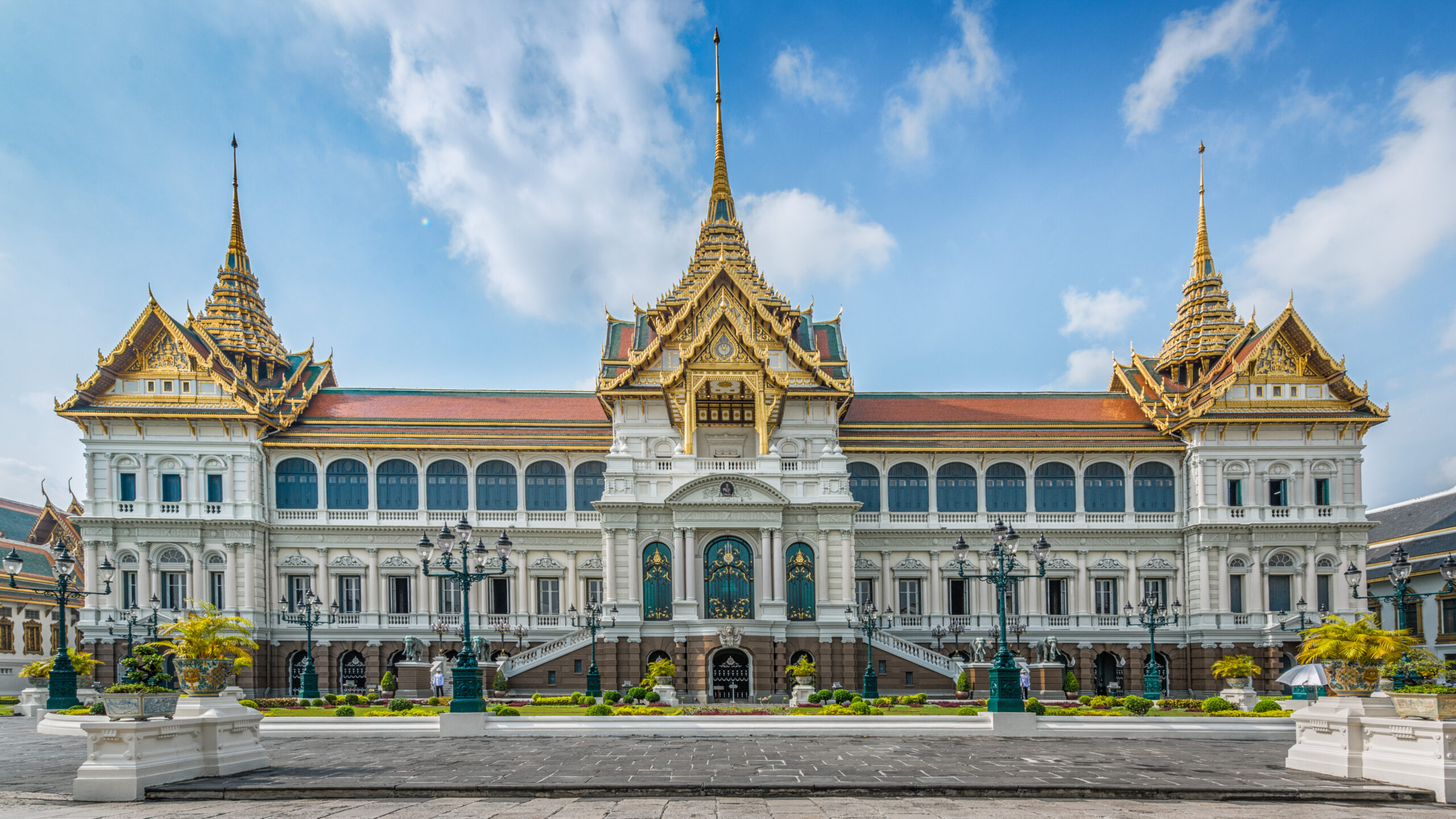
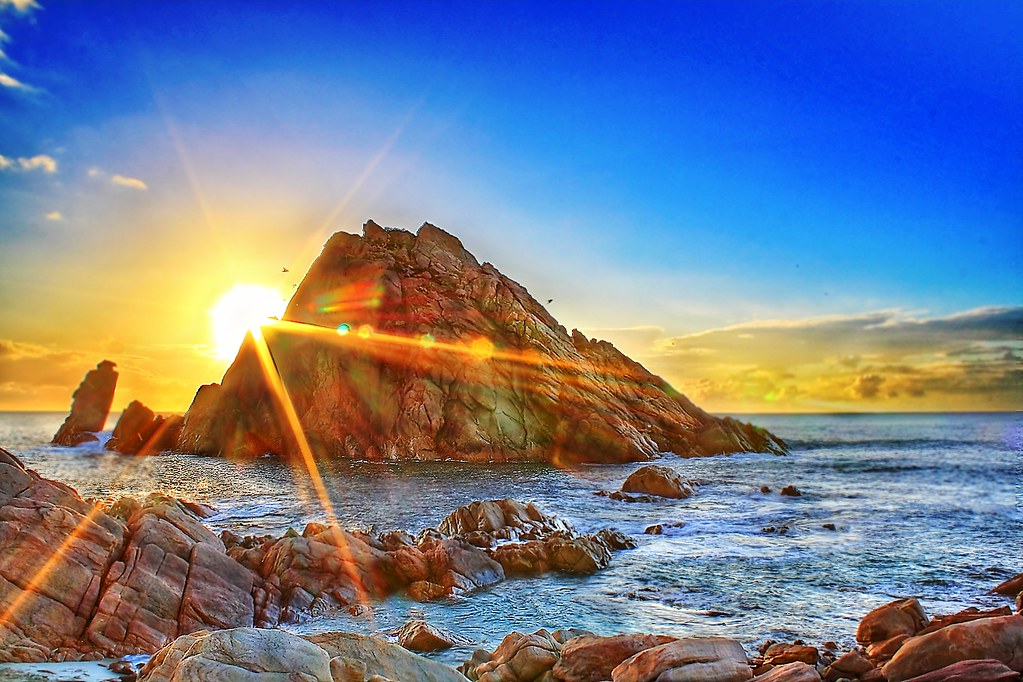
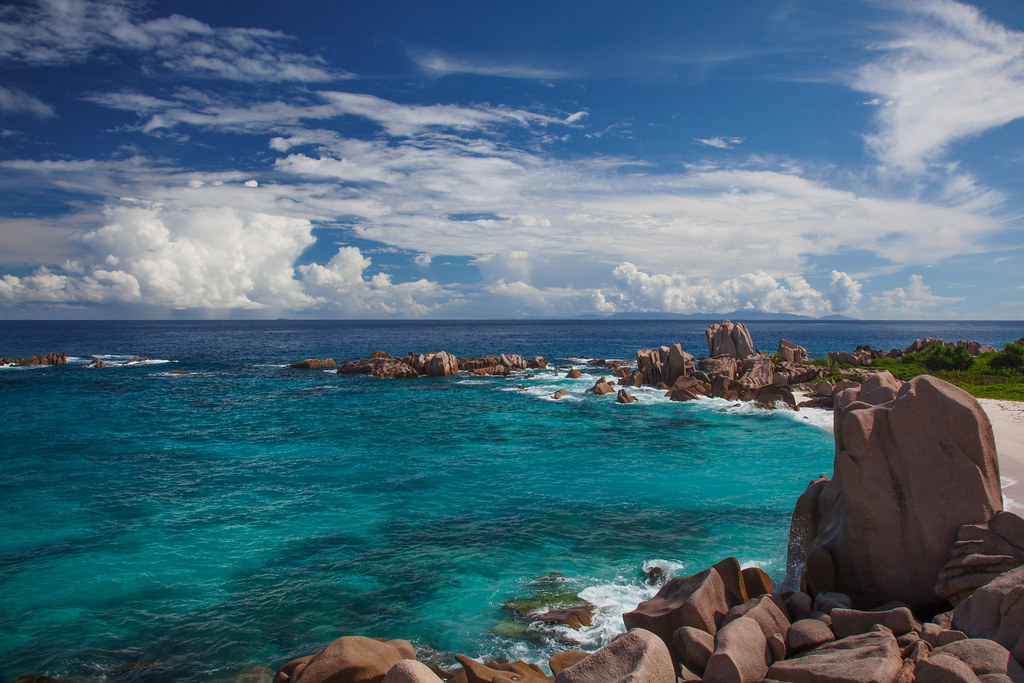
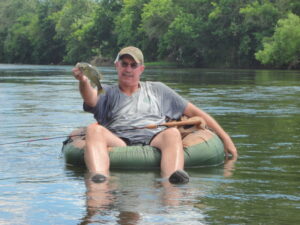
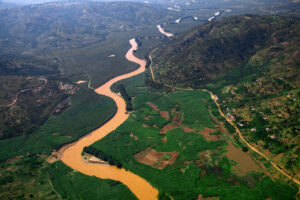








Post Comment